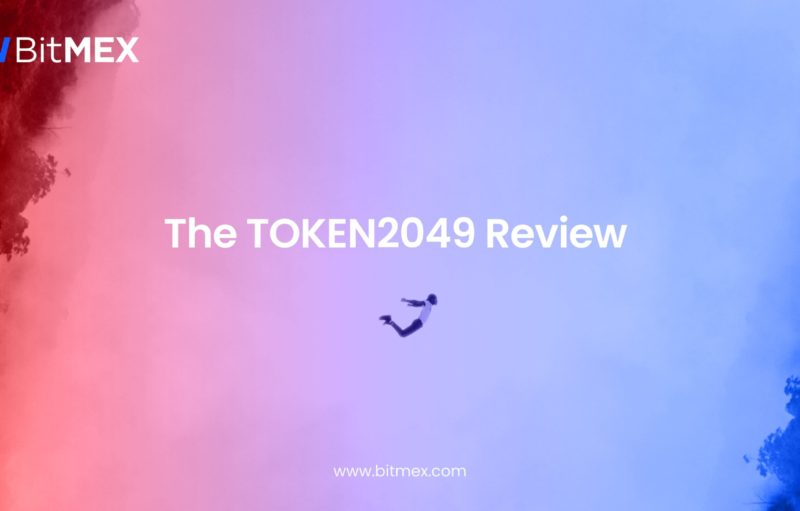
[PRESS RELEASE – Please see full disclaimer]
In 2008, a world-wide financial problem became evident. With 1.7 billion adults that do not have access to banking services, there is a sector of the population that is in need of a solution or a revolution.
Bitcoin, the first iteration of blockchain, was created with this goal. From this point on, the banking and financial service experience a transformation. Before the time of cryptocurrencies, banking services were slowly transitioning to obsolete processes for the digital era.
The credit card was a great boost to the cash-less promise of the future. But even the credit card was not the solution for the digital generation. Although using Bitcoin to purchase everyday things is not a smart financial option (because of its volatility and speculative price), the “money of the people” brought forth the cryptocurrency expansion. Today, although still early, cryptocurrencies are moving to become a financial institution that could solve some of the problems in the traditional financial sector.
Beyond the hype of what cryptocurrencies could achieve in the future, blockchain technology has also changed many other industries. Coined as the new Internet, the possibilities of blockchain applications promise any industry, that utilizes a record-keeping structure, a faster, safer, and cheaper way of doing just that.
From keeping student records and achievements to tracking the life of a yummy steak, people seem to believe blockchain can do it all. And they are not far off. The structure and functionality of blockchain is based on trust and decentralization. Relying on multiple, unrelated witnessed (whether automated or not) to verify the information and cryptographic technology to keep the information safe, blockchain strikes out middlemen and their fees.
And finally, by linking every new block of information to the whole chain and to future blocks, blockchain becomes immutable because there isn’t enough computer power in the world to make it untrue.
Enterprises are now offering entire platforms that offer an ecosystem of record-keeping based on blockchain. The most popular one being Ethereum which added to their services the Smart Contract. Unfortunately, ETH is a little behind on scalability.
Stellar is another blockchain that offers a new spin to the technology. A company based on Stellar, Traxalt, will also offer a fast and easy-to-use financial platform solution for companies. For more information on the Traxalt Protocol visit www.traxalt.com.
NASDAQ also joined in the blockchain wagon to expedite trade settlements in minutes rather than days. Go to www.nasdaq.com for more information. Another example is Ambisafe. They create tailor-made, blockchain-backed software solutions for everything from token-sale launches to trading platforms. You can learn more about it at www.ambisafe.com.
Just how much impact blockchain will have is yet to be determined, but without a doubt, blockchain-based solutions are very popular at the moment, and it does not seem like they will go away any time soon.
The post appeared first on CryptoPotato






